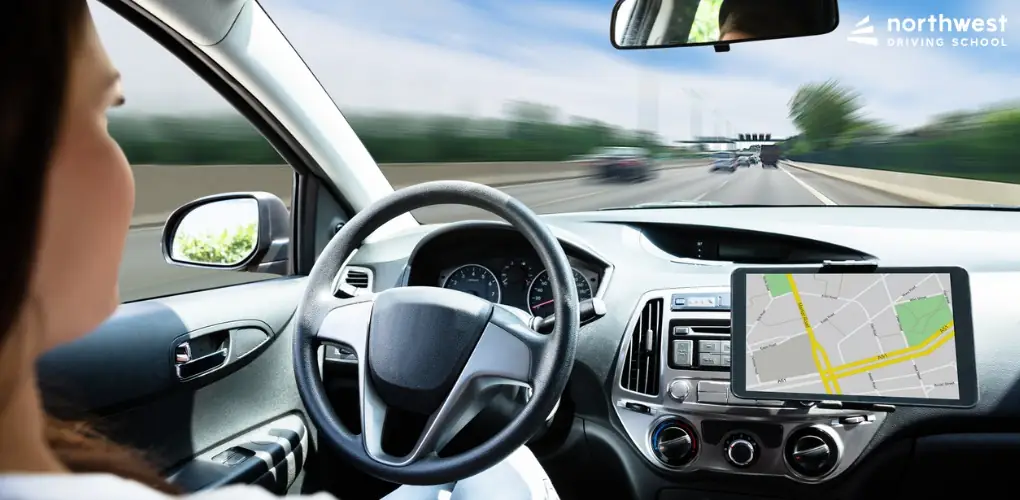- Driving School
How Self-Driving Cars Will Impact Driving Schools

An autonomous vehicle, popularly known as a self-driving car, is a car that can drive itself without the need for a person to control it. According to one study from McKinsey and Company, by 2030, 12% of new passenger cars will be sold with L3+ autonomous technologies. This significant change has the potential to significantly impact driving schools, which have always taught people how to drive cars themselves.
Fewer People Might Learn Traditional Driving
When autonomous driving becomes more regular, fewer people will be interested in traditional car driving classes. Nowadays, most of us learn by attending driving lessons at a driving school, where we are taught the rules of the road and how to handle the car. But here is the big question: if the vehicle can drive itself, then do you think many people will not need these skills?
Read More: The Self-driving Car Of The Future Is Already Here
While it may seem like learning to drive will become less necessary, there are still many reasons why knowing how to drive is essential. Technology isn’t perfect, and there may be times when the driver needs to take over. In emergencies or situations where self-driving technology fails, having basic driving skills will remain crucial. Additionally, it could take many years before fully autonomous vehicles become the norm, meaning learning to drive will still be relevant for a long time.
Changes in What Driving Schools Teach
The driving schools can also start teaching new things instead of just driving: teaching people how to use self-driving cars safely. This might include:
How to install and test the vehicle’s self-driving system.
What to do if the system needs help or stops working.
How to be safe and aware even when a car is driving itself.
New opportunities in Driving Schools.
Even though fewer people will have to take traditional driving lessons, driving schools may be able to teach new things. They could give classes about the technology behind the operation of an autonomous vehicle or how to handle cars with some self-driving features, but at times, they still need a human driver.
Impact on Driving Tests
Driving tests could be very different with the introduction of autonomous vehicles. Someday, driving tests may not simply gauge whether someone can steer or brake well but will also check whether a person knows how to use and, more importantly, trust the car’s self-driving features. The notion of what it means to be a good driver could change.
Benefits of Self-Driving Cars
Self-driving cars can make using the roadways so much easier. The driver will always stay energized and focused, hopefully reducing accidents. That would mean fewer crashes and safer roads for all of us. Driving schools, too, will adapt to using this new technology by providing proper training concerning the safe and effective usage of autonomous cars.
Northwest Driving School has a Tesla Driving Course, which will teach you to manage your regular car and the more modern ‘self-driving’ car. At the school, we ensure that drivers are ready for the future while perfecting the quintessential features of car driving.
Conclusion
Driverless cars are forcing the mindset of driving, and with it, driving schools need to shift to stay helpful and relevant. As such vehicles begin to populate the road, the place of driving schools will move, but they will still be necessary for teaching safe and effective driving, maybe even doing the driving. Whether traditional driving skills or explaining the latest and greatest in-car technology, Northwest Driving School can provide the courses necessary to prepare you for the road ahead.




